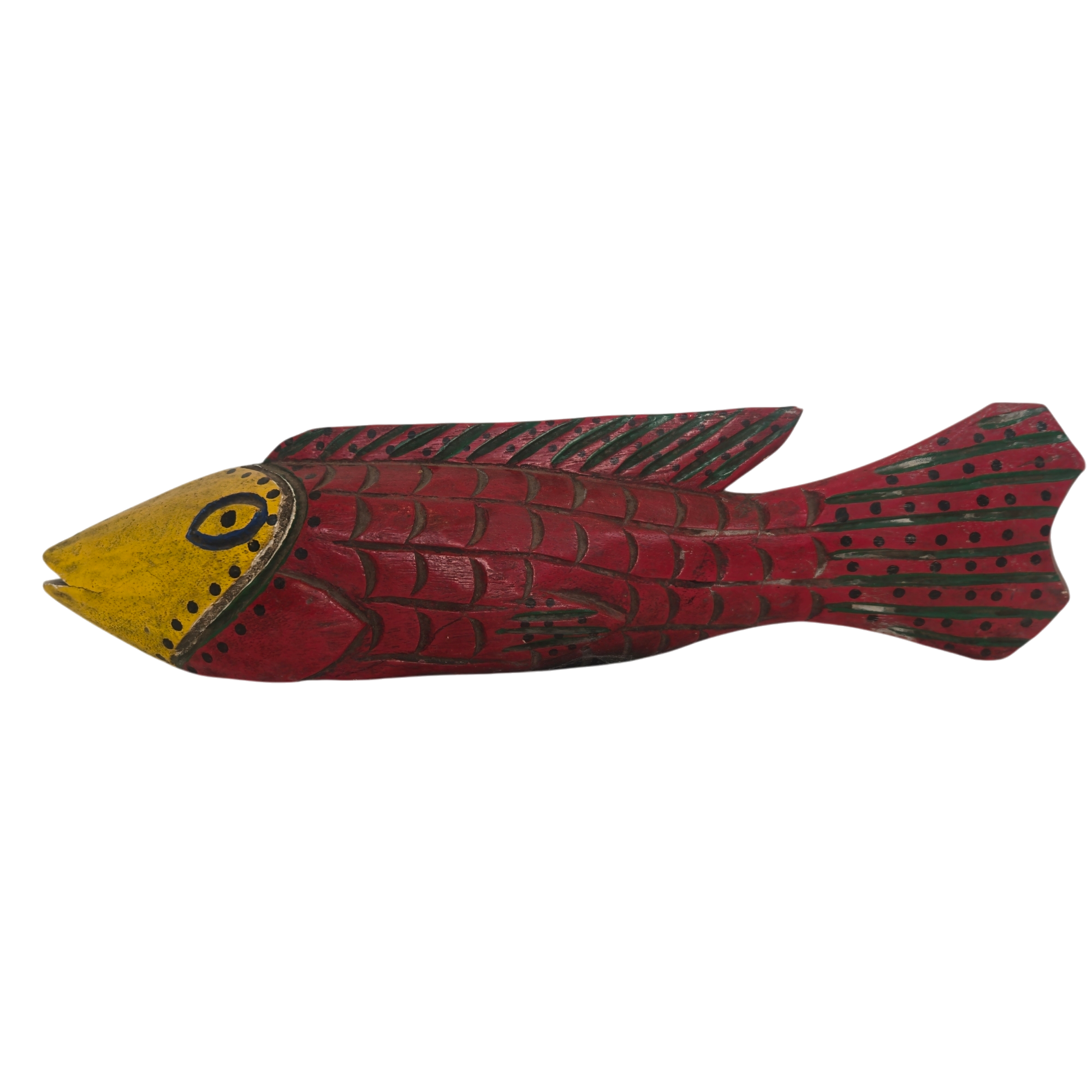Origins and Territory
The Bozo are a Mandé ethnic group primarily inhabiting the banks of the Niger River in Mali, particularly around Mopti, Djenné, and Ségou. Historically nomadic or semi-nomadic, they are recognized as the oldest fishermen of Mali.
Lifestyle and Activities
The Bozo’s life revolves around water. They rely on river fishing, fish trade, and wood craftsmanship, including the creation of canoes, masks, and puppets. Their seasonal rhythm is dictated by the rising and falling of the river, influencing both fishing cycles and ritual festivities.
Spirituality and Oral Tradition
Bozo spirituality blends animist beliefs with Islamic influences. Water spirits, ancestral beings, and natural forces are honored through ceremonies featuring dance, song, and puppet performances to convey mythological narratives and moral teachings.
Sogo bò Puppets
The Sogo bò—meaning “the animals come out”—is a ritual puppet performance unique to the Bozo (and Bamana). These wooden puppets, often painted and stylized, represent animals, spirits, and mythical characters and are animated during lively public celebrations. They serve to educate, entertain, and connect communities with the ancestral world.
Cultural Significance
The Bozo people represent a culture deeply connected to the river and environment. Through their living arts, oral storytelling, and sacred link to water, they preserve an ancient heritage that continues to inspire artists, collectors, and anthropologists worldwide.
